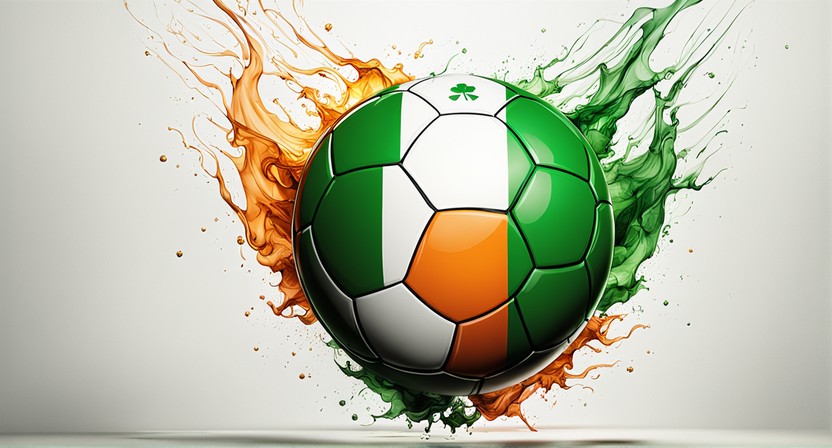Benefits of Sports on Irish Society And Economy
Explore the profound impact of sports on Ireland's health, economy, and society in our study, highlighting disease prevention, job creation, and spending.

Sports and physical activity are more than just leisure pursuits; they are powerful tools that foster a healthier society and bolster economic well-being. A recent study conducted by Sport Ireland in collaboration with Sheffield Hallam University's Sport Industry Research Centre reaffirms the incredible impact of sports on Irish society and the economy. The study delves into a deeper understanding of the intrinsic value of sports, shedding light on the positive returns the government enjoys across various domains such as health, economic activity, tourism, sports club membership, and volunteering.
The key findings of the study are not just intriguing but underscore the importance of sports in Ireland:
Preventing Diseases
Participation in sports and physical activity played a pivotal role in preventing approximately 97,000 cases of diseases in 2019, including conditions such as stroke, certain cancers, and Type 2 diabetes. This amounted to a cost-saving of over €405 million. The health benefits of an active lifestyle are clearly significant.
Economic Contributions
In 2018, the sports sector was responsible for employing over 64,000 individuals in Ireland. The economic significance of this employment is noteworthy, as it underscores the role of sports in generating jobs and contributing to Ireland's economic development.
Consumer Spending
Irish consumers exhibited a keen interest in sports-related goods and services in 2018, with total spending amounting to €3,341.6 million. This expenditure, accounting for 3.1% of total consumer spending, was largely driven by elements like sports club subscriptions (€622.9 million), clothing and footwear (€568.8 million), and fitness and dance subscriptions (€490.9 million).
The research study is divided into two main parts: the economic impact of sports in Ireland and an economic valuation of sports volunteering, along with the value of the health impact of participation in sports and physical activity.
Minister for Tourism, Culture, Arts, Gaeltacht, Sport, and Media, Catherine Martin TD, expressed her satisfaction with the study's results, highlighting the positive role of sports and physical activity in the economy. She pointed out that even a small increase in participation rates can have a substantial positive impact on the health of the nation and the economy.
Minister of State for the Gaeltacht & Sport, Jack Chambers TD, emphasized the extensive positive impact of sports and physical activity on public health. He highlighted that the study reveals a significant contribution to Ireland's economic development. Over the past decade, sports-related consumer spending has increased by 77%, adding €3.3 billion to the Irish economy in 2018.
Volunteers play an essential role in sustaining sports activities across the country. The study underlines their economic value, showcasing that the economic value of sports volunteering in Ireland in 2018 stood at €1.5 billion. This represents a substantial increase from the previous study in 2008 (€0.3-€0.6 billion).
John Treacy, Chief Executive of Sport Ireland, underscored the importance of the insights provided by the study. He mentioned the positive economic impact of the sports sector and the considerable health benefits and disease prevention that result from sports and physical activity. He also highlighted the importance of staying active, especially in light of the scientific evidence that correlates physical activity with well-being, even in the context of a global pandemic.
The study was conducted by Sheffield Hallam University's Sport Industry Research Centre, known for their expertise in measuring the economic, health, and broader outcomes of sports. They have conducted similar research for various countries, including the UK, Lithuania, Belgium, Malaysia, Japan, Australia, and Turkey.
In summary, the study emphasizes that sports are not only a significant component of the Irish economy but also a catalyst for employment and a promoter of physical and mental well-being. As we navigate a post-Covid world, sports have the potential to enhance our lives, inspire us, and contribute to our economic recovery and growth while keeping us physically and mentally healthy.